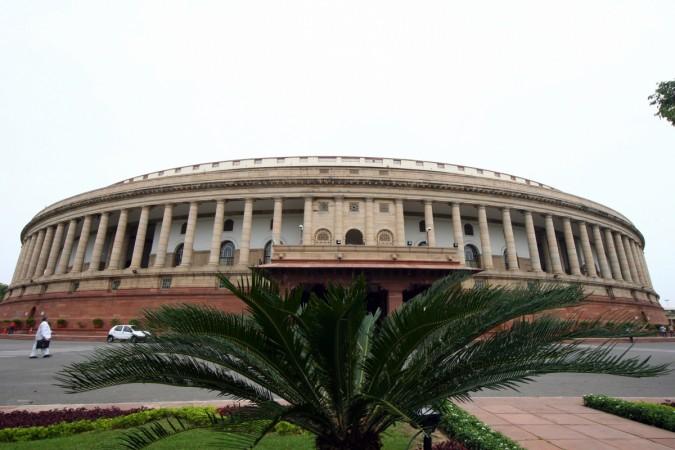
With less than a fortnight before the start of the budget session of Parliament, here are a few basic facts about the Union Budget, which is being seen as extremely crucial for the Narendra Modi government.
The government is expected to move from its pro-infrastructure approach to focus on social welfare, especially ahead of elections in several key Indian states where Modi's Bharatiya Janata Party is seeking to make inroads.
When will Budget 2016 be presented?
The finance minister usually presents the general budget before the fiscal year begins, usually at the end of the month of February, and this year, Arun Jaitley will present Budget 2016 on Feb. 29.
The budget session of Parliament will begin on Feb. 23, the Rail Budget will be presented on Feb. 25, and the Economic Survey on February 26. The Economic Survey indicates the direction of the budget and highlights the country's economic performance.
What does the Budget entail?
The Budget is a financial statement of the government's revenue and expenditure for one fiscal year (April to next March), which essentially means it is an account of the finances of the government for a fiscal.
The Union Budget consists of two aspects — the Revenue Budget and the Capital Budget. The Revenue Budget entails the revenue of the government, mainly from taxes and other sources. The Revenue Budget also looks at the day-to-day expenditure of the government. The Capital Budget entails capital receipts, which cover the loans the government raises and capital payments, which include government expenditure on acquisition of assets.
What were the highlights of previous Budgets of the Modi government?
The Union Budget 2014-15 was the first budget to be presented by the current government after Narendra Modi came to power in May 2014.
One of the major highlights of Arun Jaitley's 2014 budget was the increase in tax exemption limit to Rs 2.5 lakh, and for investment under Section 80C to Rs 1.5 lakh. The Modi government also raised the cap on foreign direct investment (FDI) in the defence and insurance sectors to 49 percent each. Read more about the 2014 Budget highlights here
In Budget 2015, the government increased service tax to 14%, raised the tax devolution to states to 42% of the divisible pool from 2015-16 to 2019-20, and also hiked excise duty on cigarettes and tobacco products. Tax slabs were unchanged, and the government abolished wealth tax.
Interesting facts about budgets in history
- The first Union Budget of India was presented in 1947 by the then finance minister RK Shanmukhan Chetty. Here is the documented speech made by the first finance minister of India.
- Union Budget 1950-51 was the first to give the foundation for the Planning Commission, an institution that formulates five-year economic plans for the country.
- Union Budget 1991-92 by then-finance Minister Manmohan Singh opened the country to economic liberalisation as the import-export policy was revised and import duties cut.
- Morarji Desai is the only finance minister to have presented the budget 10 times.








